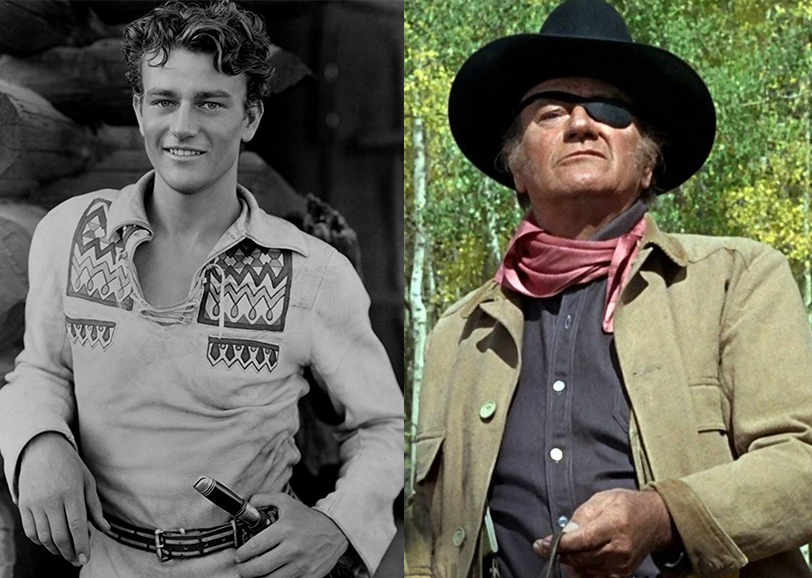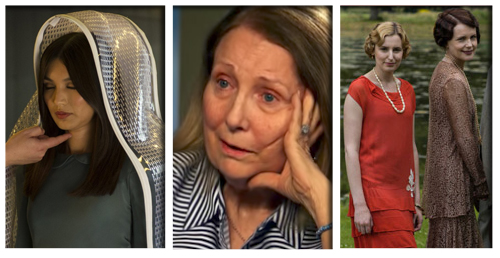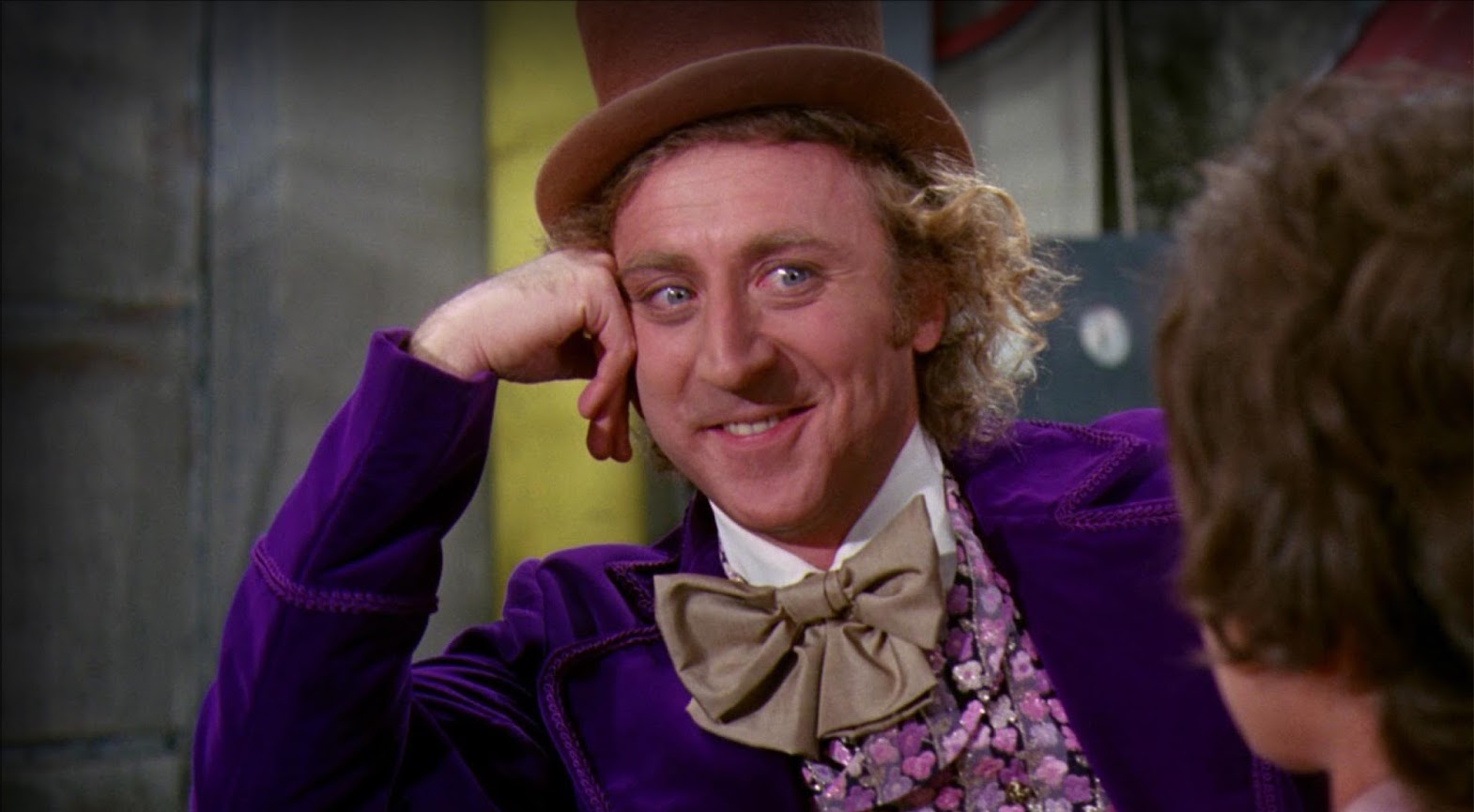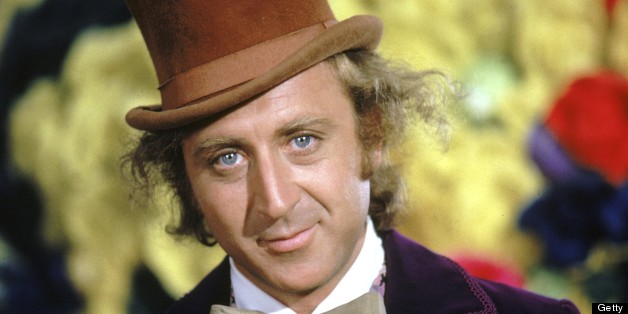Gay Best Friend: Buddy (Charles Grodin) in "The Woman in Red" (1984)
 Monday, May 24, 2021 at 10:03AM
Monday, May 24, 2021 at 10:03AM a series by Christopher James looking at the 'Gay Best Friend' trope
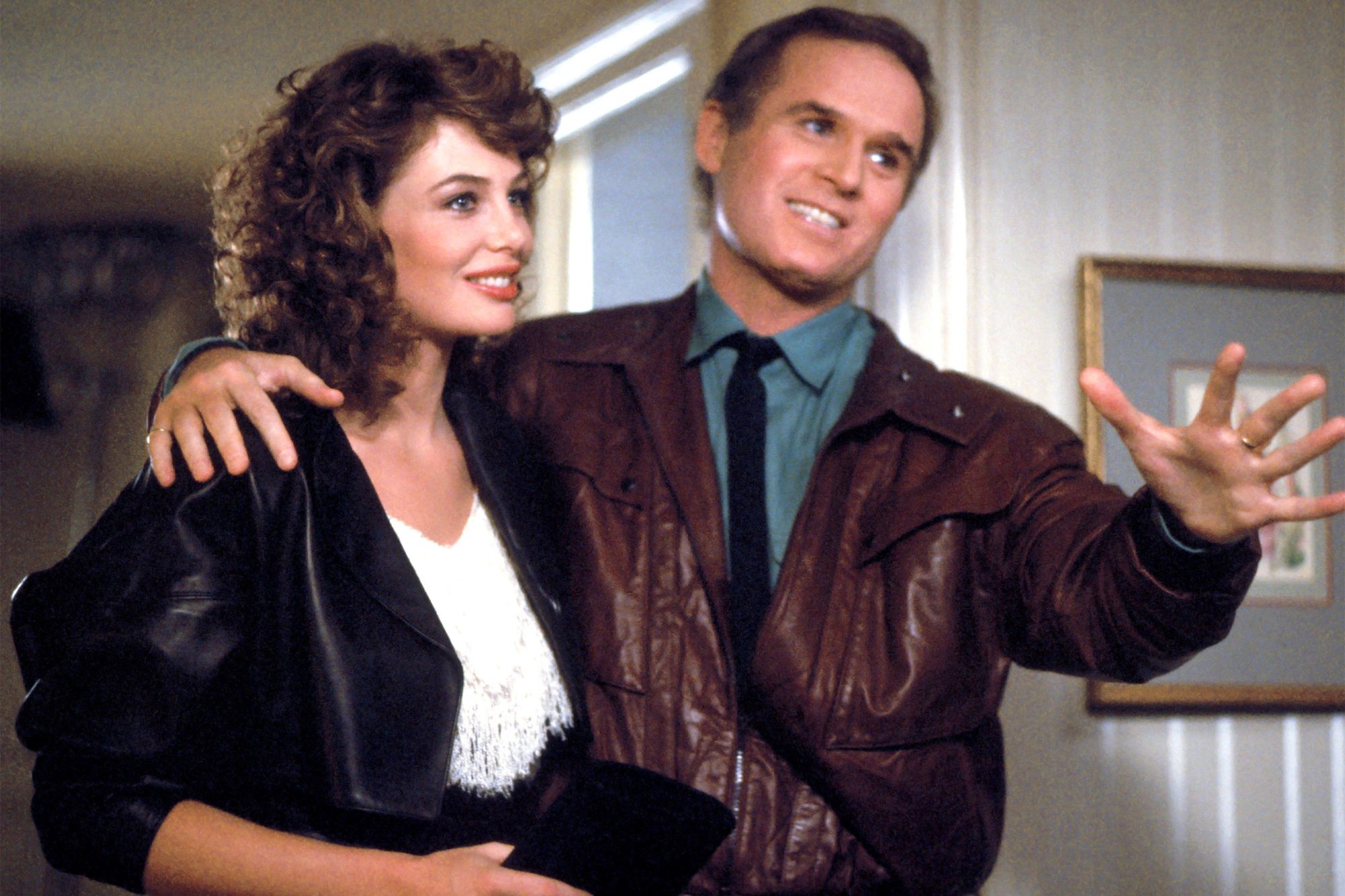 Don't worry, Teddy (Gene Wilder). Buddy (Charles Grodin) isn't going to take your girl, he's gay.The recently passed Charles Grodin (1935-2021) leaves behind an enviable film career. From Beethoven to Clifford, Grodin mastered being the “straight man” in comedies opposite zany characters. The master of reaction shots, Grodin knew how to wring laughs out of being the “put upon wet blanket.” His career features many other great performances, including The Heartbreak Kid, Midnight Run, Heaven Can Wait, The Great Muppet Caper, Dave and Ishtar. In all of the many obituaries that have recently been written about him, few have mentioned his role as Buddy in The Woman in Red ...and with good reason. The movie may have won an Oscar (Best Original Song for Steve Wonder's "I Just Called To Say I Love You"), but it has little cultural footprint today.
Don't worry, Teddy (Gene Wilder). Buddy (Charles Grodin) isn't going to take your girl, he's gay.The recently passed Charles Grodin (1935-2021) leaves behind an enviable film career. From Beethoven to Clifford, Grodin mastered being the “straight man” in comedies opposite zany characters. The master of reaction shots, Grodin knew how to wring laughs out of being the “put upon wet blanket.” His career features many other great performances, including The Heartbreak Kid, Midnight Run, Heaven Can Wait, The Great Muppet Caper, Dave and Ishtar. In all of the many obituaries that have recently been written about him, few have mentioned his role as Buddy in The Woman in Red ...and with good reason. The movie may have won an Oscar (Best Original Song for Steve Wonder's "I Just Called To Say I Love You"), but it has little cultural footprint today.
The misogynistic film is best left undiscovered. However, Grodin’s Buddy has an interesting distinction of being one of the earliest out, sympathetic gay best friends in a popular, male-centric comedy…



